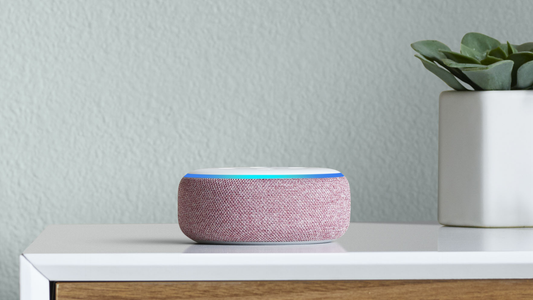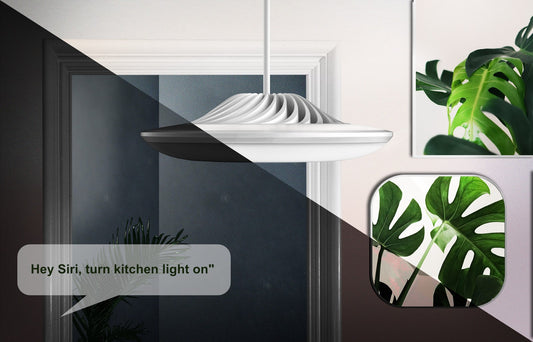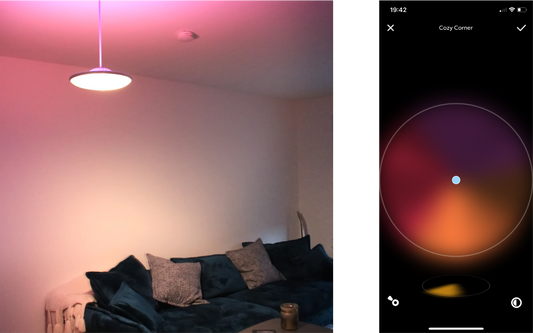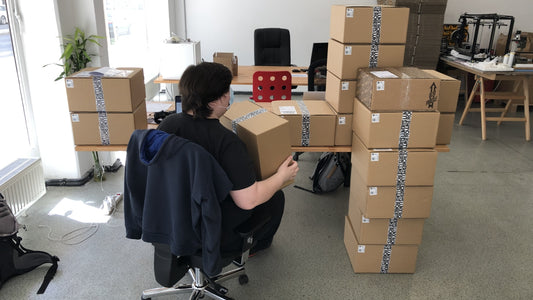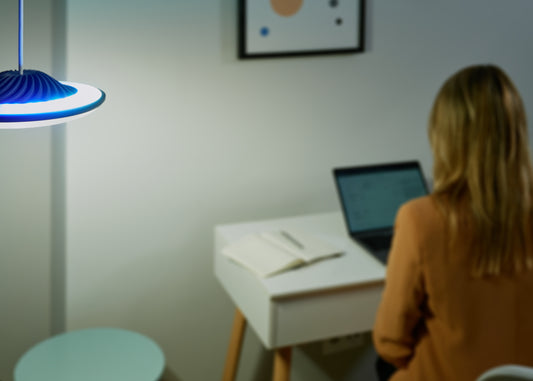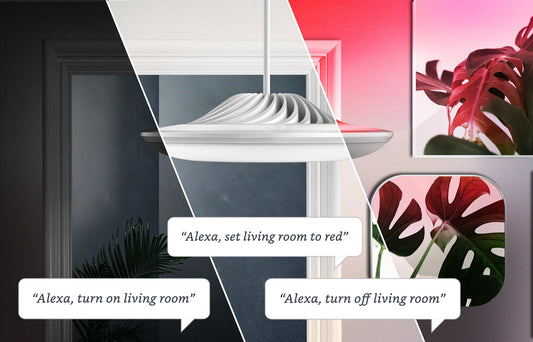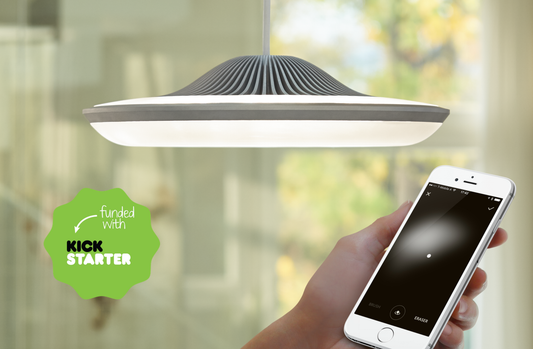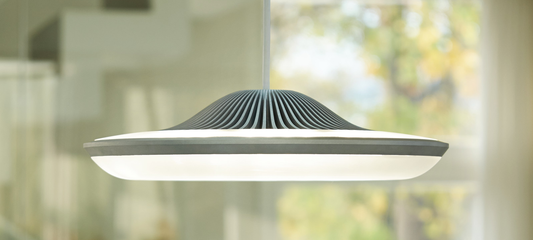
How to cope with home office Part 1
Working from home every now and then is nothing new for many of us. Whether a plumber is coming by to look at a leaky pipe or you have to look after the children for the day, it is often easy to arrange and anyway, you know that the next day, you will be returning to your usual daily routine. Some of you, however, have less experience with working from your apartment or house. Problems such as productivity, efficient communication and the right work-life balance can be a challenge at first.

We at Luke Roberts are experiencing those same issues. We’ve had various discussions within the team about our personal struggles and methods for making it through the day efficiently and most importantly staying sane. For those of you for whom this situation is also new or even strange, we have summarized our thoughts to give you a few tips for a successful home office.
The challenges of a work-life balance in the home office
At the beginning it can help to define boundaries and rules. Otherwise you will find yourself juggling household and work tasks at the same time without actually achieving anything. And if you don’t know how to improve on this, it just leads to full-on frustration. Now, when our entire life takes place within our own home, it is very important to define specific areas for certain purposes. For example, the kitchen could replace the break room, the living room and bedroom could be designated as a sacred zone of leisure, and the dining table (unless you’re one of the lucky few with an office space) could be used exclusively for work during the specified period. The creation of different zones can be a good way to create a mental and also spatial border between working and living.
The hurdles to productivity
Many of you know the problem from your student days. You have to write a paper, prepare for an exam or simply follow a task focused and undisturbed but all of a sudden you feel the urge to do the dishes, wash clothes or fold blankets on the couch. All just to avoid having to do the actual work.Procrastination is a difficult aspect of working from home. Of course, upkeep of the household is also important. But when it comes to being as productive as possible during working hours, all potential distractions must be eliminated. This includes washing the dishes or putting away laundry immediately in the evening so that everything’s clean for the next day and avoiding any leisure zones during working hours.
In order to be just as productive as in the office, it is of course necessary to have an appropriate workplace. Since our home is mostly used for recreation and life away from work, not every home has a fully equipped office sitting there just waiting to be used. Instead, the kitchen table often has to be converted into a workplace.
However, since ordinary dining tables and chairs often do not correspond in height and proportion to what is recommended for ergonomic work, the new workplace should be adapted to the new situation. A cushion on the chair provides a raised sitting position and can prevent being exposed all day long with a crooked back. An ordinary document folder can also change the height of the screen and provide a better neck position.
At the end of your working day, if you prepare a list of tasks for the next day, you can enjoy your evening, knowing where you left off in the morning, enabling you to get into the work mode faster the next day.
A new kind of work-life balance
For many people it is difficult to separate work and leisure time, especially if there is no physical separation. Usually the way to or from work is a mental transition between the two.
But what if you wake up in the morning already in the office?
What do you do with the rest of your time because you save yourself the trip to work?
Well, of course it depends on your arrangement with your employers. You could decide to use the time you have gained to sleep a little longer (how often do you get the chance to do that?!), or you could become an early bird and start work as soon as you wake up, enjoying an early evening. Or use the extra time to clean up your apartment and remove all possible distractions.
Whatever you decide, try to find a routine that works well for you and that you can stick to. Keeping a regular schedule is extremely important at home, especially since the well-established rhythm within an office with regular hours and coffee breaks with your favourite colleagues is no longer there.
Not only in the morning but also in the evening you gain time by not having to commute. Another important point for a good work-life balance. When do you stop working and how do you feel when you’re just two metres away from home on the couch without the usual commute by car, bike or public transport?
Try to leave your workplace as usual, shut down the computer, turn off the screen, arrange pens and pads and other items. Afterwards you can use the time for a little walk in the neighbourhood. This will give you exercise and some fresh air. Your circulation will get going and your body will slowly adjust to the realization that it’s the end of the day slowly realize that this is the end of the day. You can also do your shopping at the same time.

Source: Federal Ministry of Social Affairs, Health, Care and Consumer Protection
Social Distancing only applies to spatial distance
Sometimes you will feel as if the walls are closing in on you. A small solace could be that you are not alone in this! Maybe now is a good time to talk to friends and family. Most of them are in a similar situation, everyone is developing their own life hacks and surely everyone is happy to hear that you are doing well.
How to cope with home office Part 2
Exercising regularly not only helps your body's urge to move, but also stimulates our circulation. We feel less like a couch potato and are more efficient.





